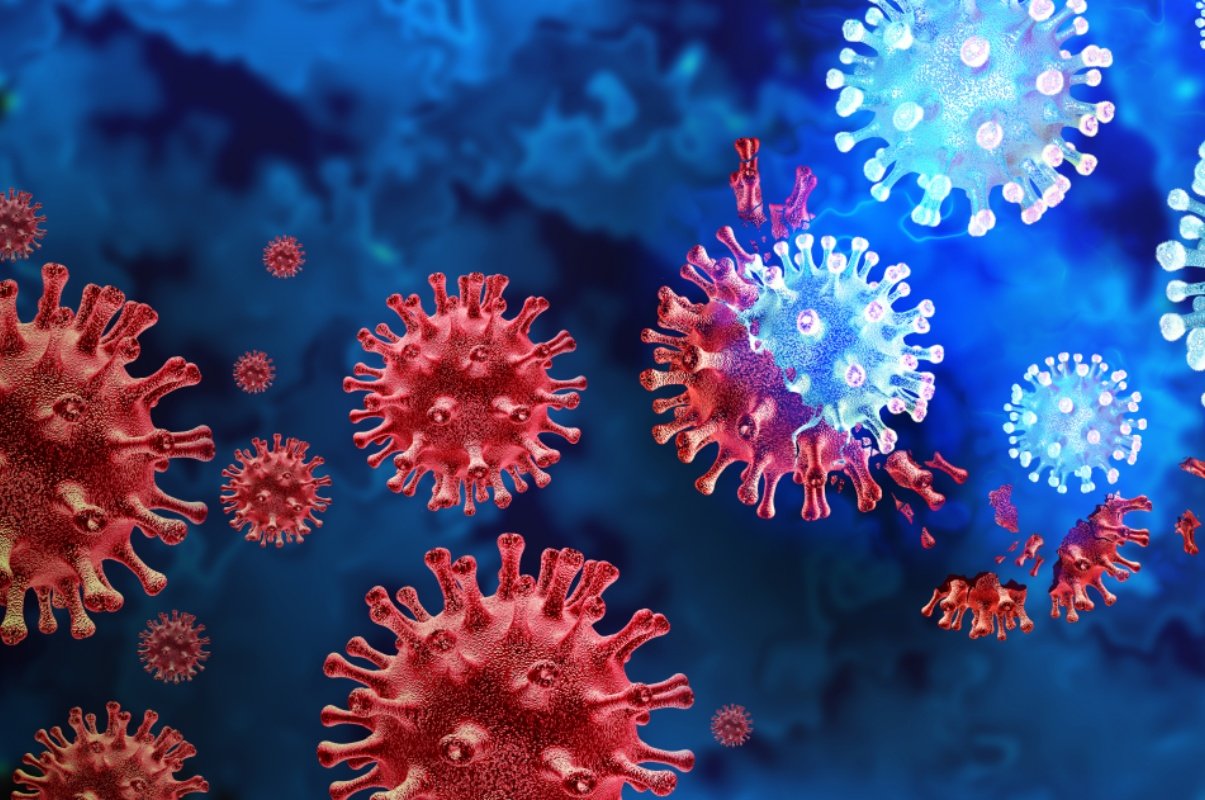To test the hypothesis that SARS-CoV-2 is predominantly a respiratory virus, researchers at the US National Institutes of Health (NIH) conducted the largest autopsy tissue study to date. Analysis of the pathogen causing covid-19 spreads to different parts of the body, stays in the tissues for months.
NIH scientists have found traces of SARS-CoV-2 in 79 of 85 body regions, from the brain and heart to the eyes, in the bodies of 44 people who died from covid-19 in the first year of the pandemic. Although it mainly damages the airways and lungs, fragments of virus (viral RNA) found up to 230 days after onset of symptoms.
According to the study’s senior author, Dr. Daniel Chertow, the detection of viral fragments in the tissues of the body of people who have died from covid allowed this important information to be passed on to several colleagues. This has contributed to research into the so-called long-term treatment of covid with new antiviral drugs.
How was autopsy performed on patients who died from Covid-19?
To investigate the propensity of SARS-CoV-2 to infect different types of cells and tissues (cell tropism), and its ability to replicate, persist, and evolve in humans, the researchers tested tissues from 44 autopsied patients at different stages of infection. Less than 14 days from symptom onset) up to nine months from acute illness.
The highest viral load was detected in patients in the early stages of infection. However, of 27 patients beyond the two-week limit, Virus was analyzed in at least one non-respiratory tissue in 14 of them.
Treating patients with long-term covid

As all patients in this study were elderly unvaccinated people, the next step is to collect port-mortem tissues from younger, long-dead people. to understand the lifetime of the virus. This new research is part of a larger project called RECOVER, short for Research to Heal Recovery.
In addition to tissue pathology, RECOVER will also conduct a clinical trial to test the efficacy of the antiviral Paxlovid in the treatment of patients with long-term covid. In this research, scientists will test whether persistent SARS-CoV-2 infections in different parts of the body can be eliminated with Pfizer’s drug.
ARTICLE – Nature – DOI: 10.1038/s41586-022-05542-y.
Source: Tec Mundo
I am Bret Jackson, a professional journalist and author for Gadget Onus, where I specialize in writing about the gaming industry. With over 6 years of experience in my field, I have built up an extensive portfolio that ranges from reviews to interviews with top figures within the industry. My work has been featured on various news sites, providing readers with insightful analysis regarding the current state of gaming culture.












